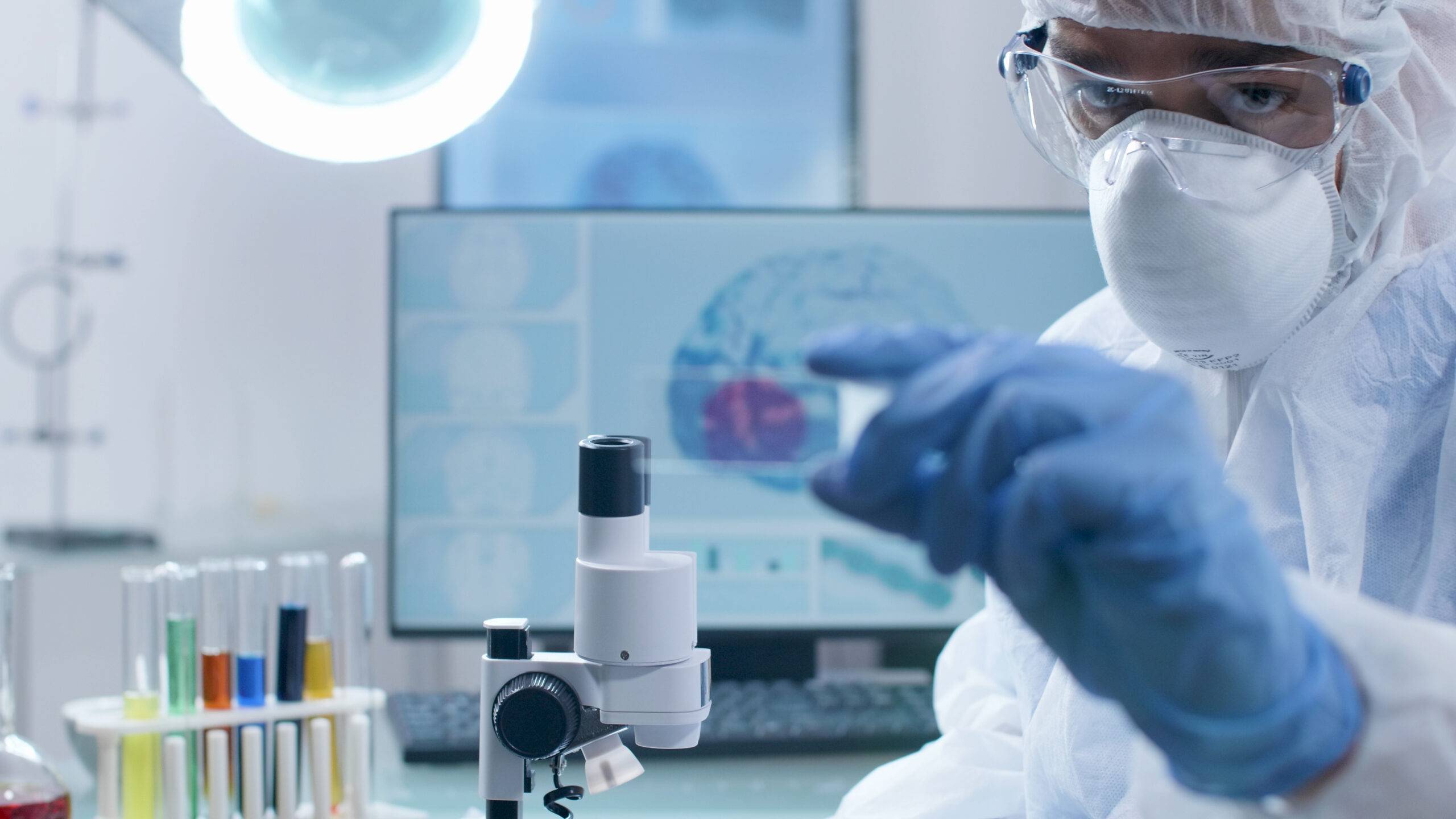Clinical research is a science involved in testing new drugs that are discovered to have the potential for treating various medical treatments to patients and healthy volunteers. Clinical research cannot be simplified and defined as a single job needing two to three skills. Clinical research is a long process actually involving multiple steps and operations, all requiring different skills along with interdisciplinary skills.
Clinical research positions can span from researchers at the discovery stage to investigators at the clinical trial stage and even sometimes to the pharmaceutical marketing stage. Some of the skills considered to be essential for any clinical research positions are as follows:
 Scientific Knowledge and Research
Scientific Knowledge and Research
An aspiring clinical researcher needs to have basic life sciences knowledge in order to comprehend clinical research. In addition, research training through formal degrees like masters or PhDs is a must for clinical research positions requiring research knowledge especially in the drug discovery stage of clinical research.
Clinical Trials Operation Knowledge
Clinical researchers will primarily be expected to run clinical trials. For this, researchers need to be aware of good clinical practices (GCPs). The Food and Drugs Administration states that “Adherence to GCPs is universally recognized as a critical requirement to the conduct of research involving human subjects”. Researchers also need to comply with the various GCPs, adhere to standards of adverse event reporting and post-marketing surveillance, and apply best practices while handling the pharmaceutical product being tested.
Regulatory Awareness
Without knowing about regulations, laws and adhering to them, clinical research cannot function. Hence, it is imperative that clinical researchers have at the very least an understanding that any process or research they perform will have to stand the scrutiny of regulatory agencies. Knowledge about regulations and laws will be an asset for clinical research organizations.
Ethical Approach and Considerations
Since clinical research involves testing substances on living persons, an ethical understanding of the context of clinical research is needed for any who wish to work in a clinical research position. Safety of patients needs to be constantly documented and monitored. Patients will need to give adequate care while conducting trials and confidentiality of patient records also need to be maintained.
Management Skills
Being able to assess, organize, and manage the study plan to be used in a clinical trial project is important for those positions like the principal investigator or sponsor. The same skill set is required for those, in-charge of the clinical trial sites where the actual research will be conducted.
Leadership and Professionalism
A leadership position in clinical research requires attention to detail, an ability to analyze large, complex data and capability in solving minor and major issues that emerge during the progress of the research. Professionalism needs to be shown especially where adverse events are reported. Researchers need to take corrections and criticisms in the right manner since the lives of patients are at stake when data is incorrect.
Teamwork
Clinical research is a team discipline and never be performed by a single person. This requires an amicable and friendly nature in aspiring researchers in order to be able to work with other professionals.
Become a Clinical Research Professional!
REFERENCES
http://forteresearch.com/news/8-must-competencies-clinical-research-professional/
https://www.prospects.ac.uk/job-profiles/clinical-research-associatehttp://www.fda.gov/ScienceResearch/SpecialTopics/RunningClinicalTrials/
https://www.ncbi.nlm.nih.gov/pmc/articles/PMC3043360/
https://www.mymajors.com/career/clinical-research-coordinators/skills/
{{cta(’66b58356-fa40-403b-993e-2cb8d4bb77cf’)}}



